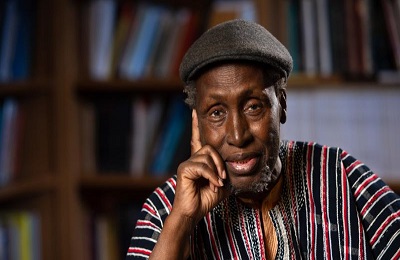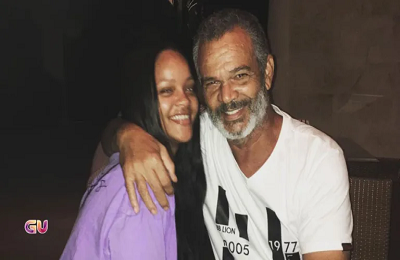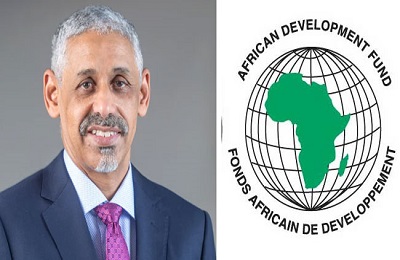NAIROBI – Kenyan writer Ngugi wa Thiong’o, a major figure in world literature and a pan-African intellectual, has died. He was 87. His daughter, Wanjiku wa Ngugi, announced the news of Ngugi wa Thiong’o death. She posted on Facebook on Wednesday morning. Wanjiku wa Ngugi said her father “lived a full life, fought a good fight.”
She asked admirers to celebrate Ngugi’s life and literary work. The cause and location of his death were not disclosed. His son, Nducu wa Ngugi, will share details about a memorial. Ngugi had kidney problems. His passing leaves a significant Ngugi wa Thiong’o legacy.
Detention, Exile, and Global Literary Voice
Ngugi wa Thiong’o’s life showed courage. His journey from colonial Kenya to the United States made him an international voice for literature and human rights.
His political views and theatre work led to his detention in Kenya in the 1970s. After release, Ngugi went into exile, first in England, then the U.S. He became a Distinguished Professor of English and Comparative Literature at the University of California, Irvine.
His choice to write in his Gikuyu language, not English, was important. This challenged literary norms. It confirmed his status as a key figure in decolonizing African literature. The influence of this Kenyan writer Ngugi is clear.
Nobel Contender, Lasting Influence
Ngugi wa Thiong’o was nominated for the Nobel Prize in Literature many times. He never won. His important works include The River Between, Petals of Blood, Decolonising the Mind, The Perfect Nine, and his prison memoir Wrestling with the Devil. These books earned international praise.
The late Professor Binyavanga Wainaina said in a 2019 interview: “Ngugi may not have held the Nobel medal, but he has influenced generations more deeply than many who did.”
The Ngugi wa Thiong’o death ends a chapter for African literature. His words and ideas will continue. They urge future generations to reclaim their voices and languages. This is central to the Ngugi wa Thiong’o legacy.
By Abdullah Korede








